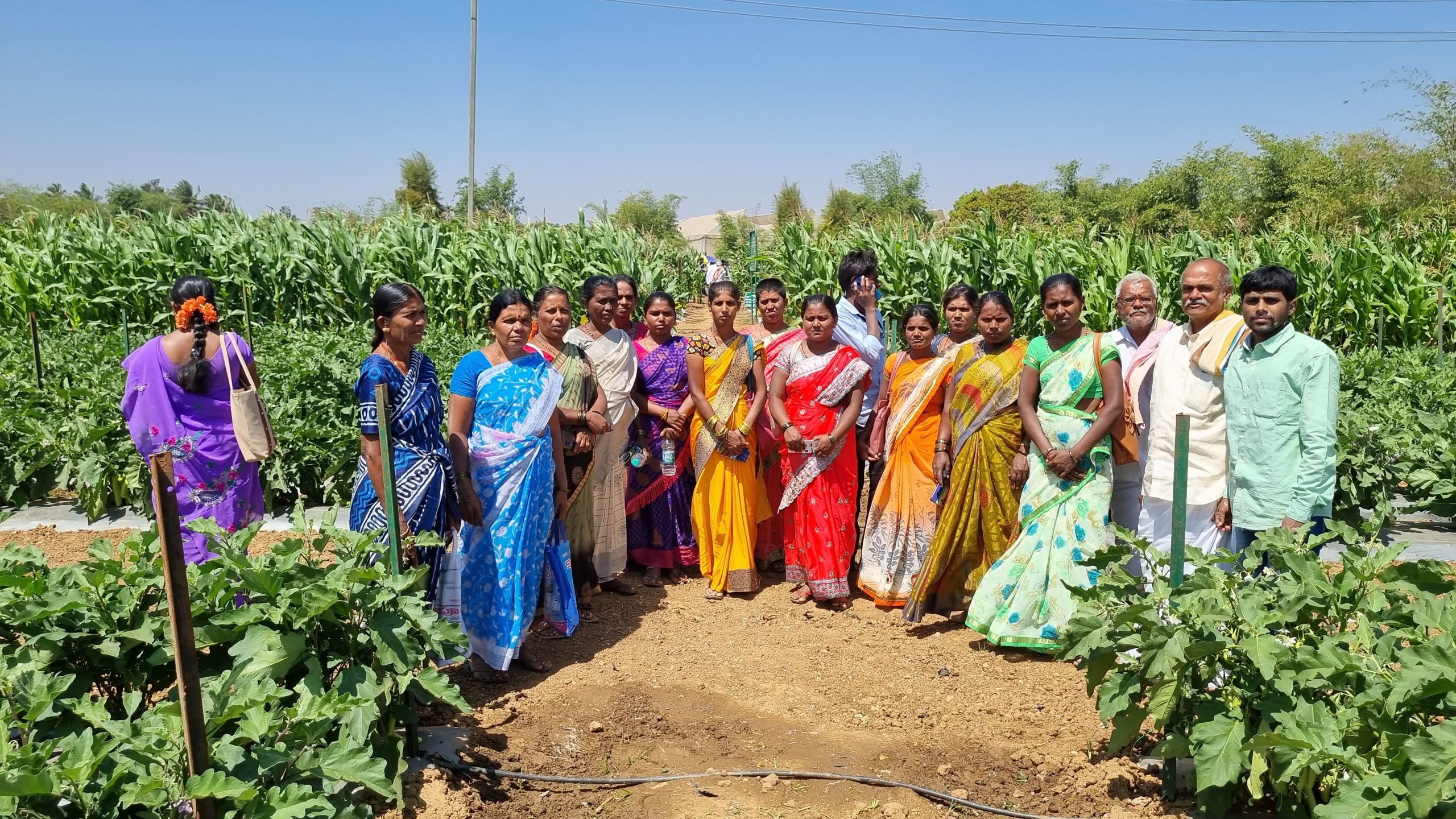

Climate change poses a significant challenge to agriculture in India, with changing weather patterns, poor soil conditions, and scarce water resources leading to social and economic inequalities. To ensure sustainable development, adaptation measures to climate change in rural areas are crucial. Farmer Producer Organizations (FPOs) play a vital role by enabling agricultural producer groups to collectively market their products and achieve better prices. FPOs facilitate access to credit, technology, and markets, particularly for disadvantaged women.
A promising approach that reduces the impacts of climate change while promoting sustainable agriculture in India is the concept of Climate Smart Villages (CSV). CSVs are FPO-driven transformation processes that introduce sustainable agricultural practices to mitigate the effects of climate change and ensure sustainable food security.
Under the DGRV project in India, supported by the German Federal Ministry for Economic Cooperation and Development (BMZ), FPOs and federations have been promoted with cooperative expertise since 2018. Through the long-standing local partner organization APMAS, contact was established with the Luxembourg-based non-profit organization Aide à l’Enfance de l’Inde et du Népal (AEIN), which has been implementing projects to empower women in India since 1967. Since 2022, AEIN, APMAS, and the DGRV have been jointly supporting women-led FPOs on their path to becoming Climate Smart Villages in the state of Andhra Pradesh. In this agriculturally dominated region, extremely dry conditions caused by climate change have led to increasing crop losses and intensified rural outmigration.
In collaboration with APMAS, DGRV provides training and coaching on topics such as corporate governance, business planning, and the rights and obligations of members to promote the cooperative development of Climate Smart Village FPOs. Over 1400 farmers have already benefited from these trainings, as well as sessions on innovative cultivation methods like soil health, crop sequencing, organic fertilizers, and pest control. This approach strengthens the FPOs as cooperatives while reducing greenhouse gas emissions.
Through cooperative organization and the adoption of sustainable farming practices, individual farmers have already achieved positive results. FPOs enable their members to sell their products at fair prices and facilitate the exchange of knowledge and resources. Overall, cooperative Climate Smart Villages offer a promising opportunity to reduce the impacts of climate change and improve the livelihoods of rural populations in India. The FPOs themselves become economically viable and contribute to the creation of a more sustainable and resilient future for rural communities.
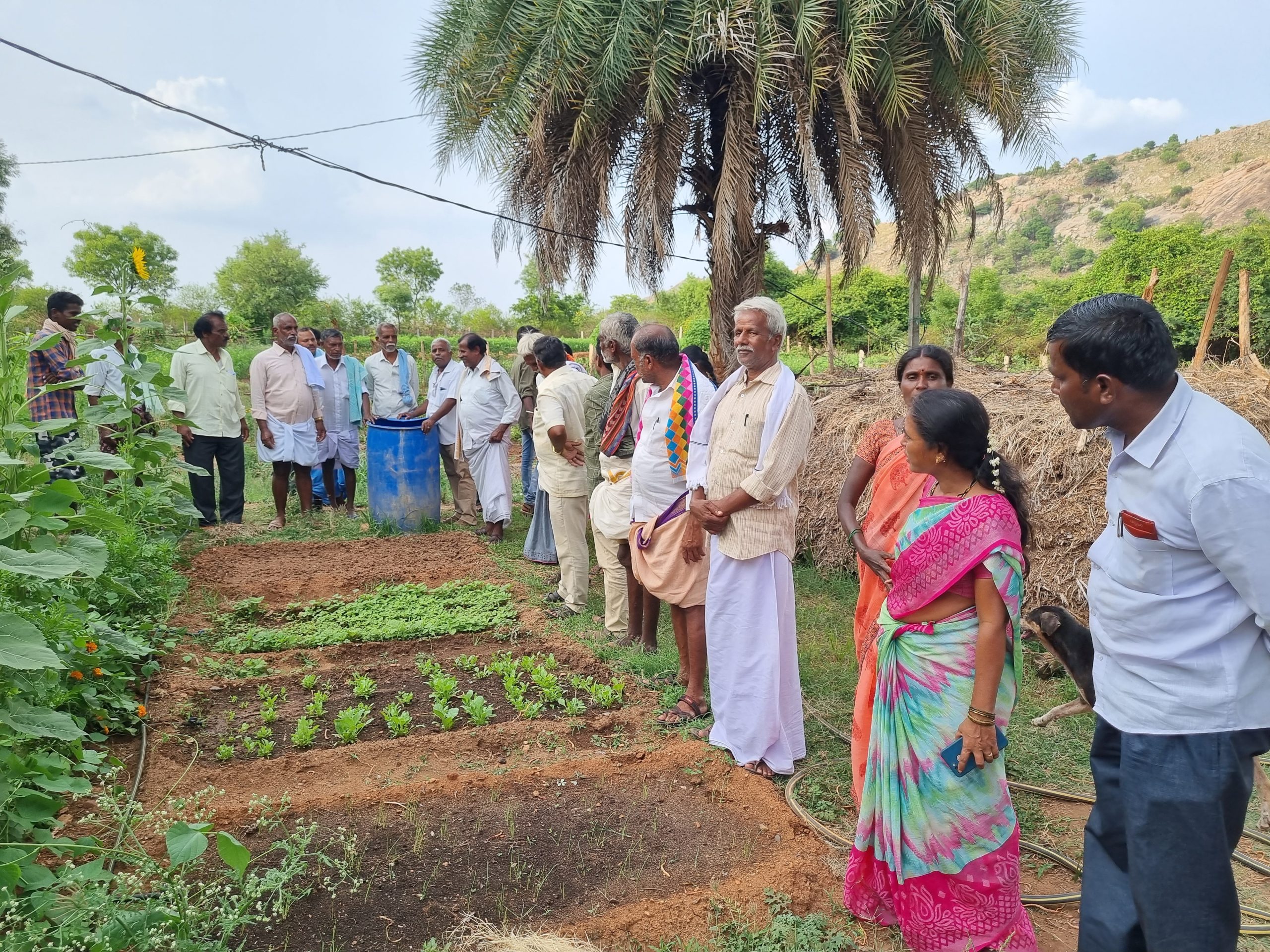
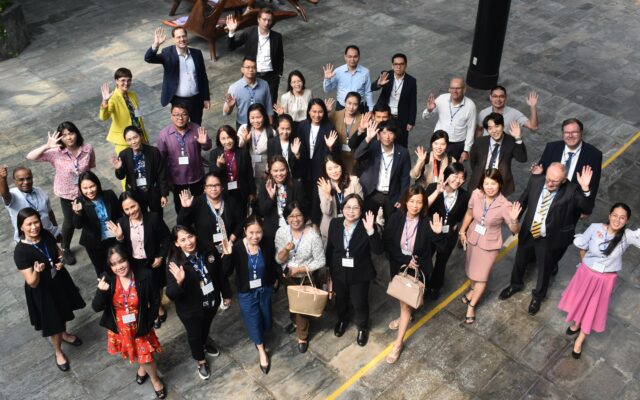
A new partnership between DGRV and the Cooperative Development Authority (CDA) in the Philippines is enhancing regulatory oversight and stability within the cooperative sector.
More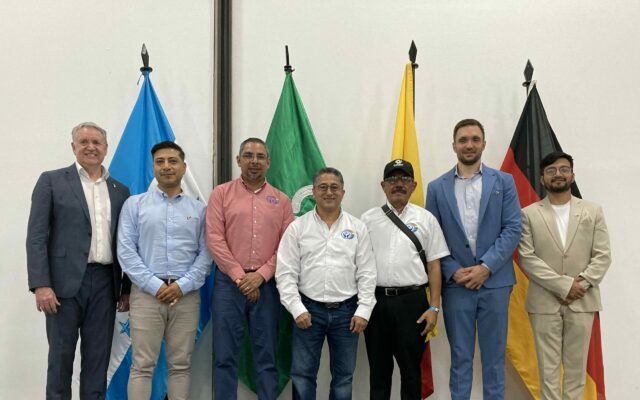
DGRV’s project in Honduras focuses on strengthening the cooperative financial sector, particularly in rural areas, and improving access to financial products and services. The initiative also aims to enhance resilience to climate change and promote the efficient use of natural resources, fostering sustainable and inclusive economic growth.
More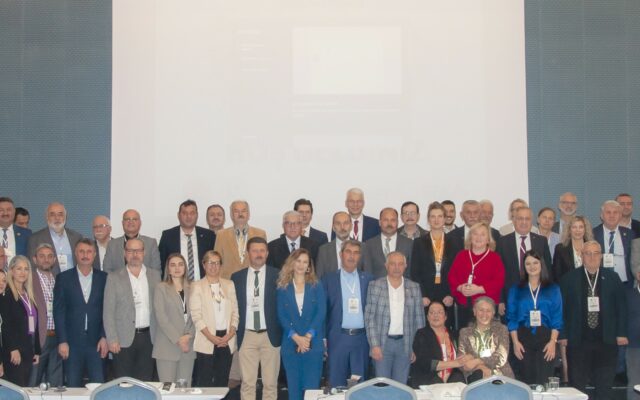
The 8-year long TAKBİ project within the framework of the Turkish and German association cooperation, revitalized Turkish agricultural cooperatives by surmounting challenges, elevating organizational structures, improving service quality, and fostering member satisfaction, leaving a lasting positive impact on the cooperative landscape in Turkey.
More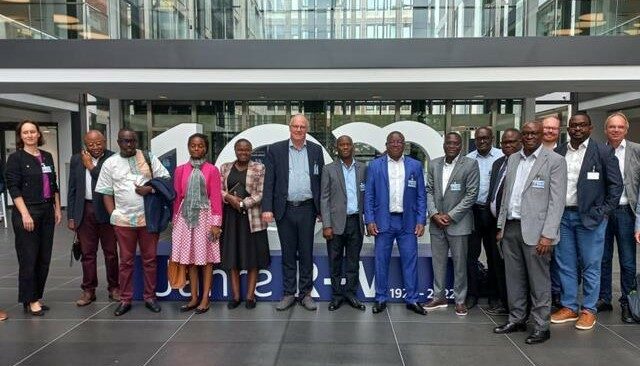
Financial experts from Benin, Cameroon, and Uganda embarked on a journey to Germany to explore the essence of cooperative principles, forging a vision for a resilient banking sector that transcends borders and fosters economic and social progress in African communities.
More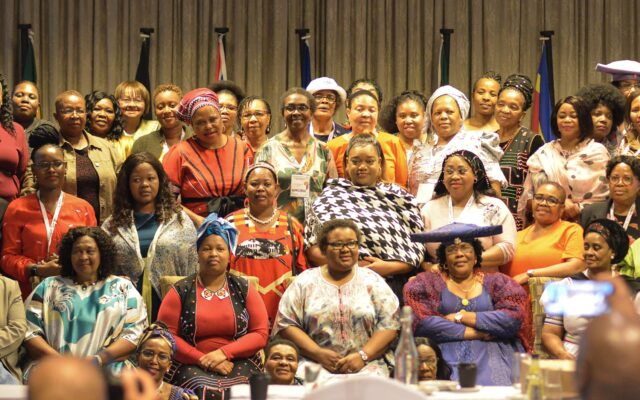
In an extraordinary gathering, female traditional leaders from Southern Africa converged to harmonize the concepts of Ubuntu and cooperative principles, setting a visionary path for community development.
More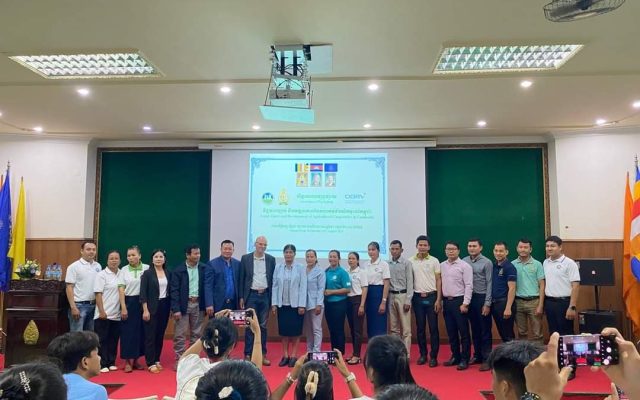
Empowering Cambodia's agricultural cooperatives through dynamic seminars: DGRV and AERD/RUA collaborate to drive leadership, professionalism, and sustainable growth.
More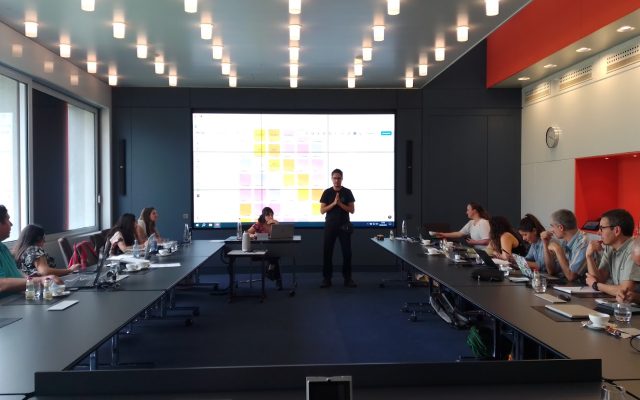
In June, eight Chilean organizations participated in an Exposure Visit to learn from the experience of Energy Cooperatives in Germany
More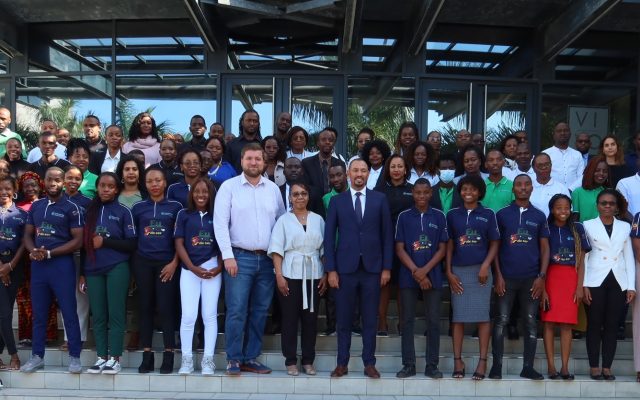
Empowering Mozambican youth through cooperative entrepreneurship to tackle unemployment and promote economic growth.
More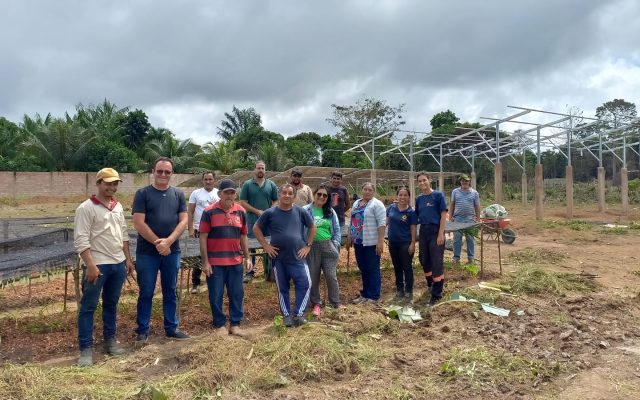
Helping the cooperative CCampo Alimentos to implement an Agrivoltaic pilot project in Brazil
More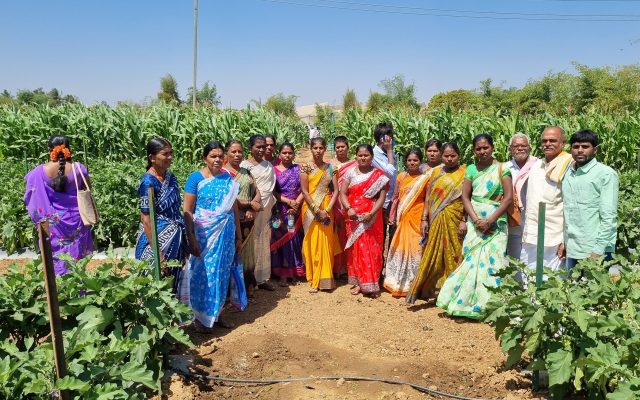
Adaptation measures to climate change in rural areas in India
More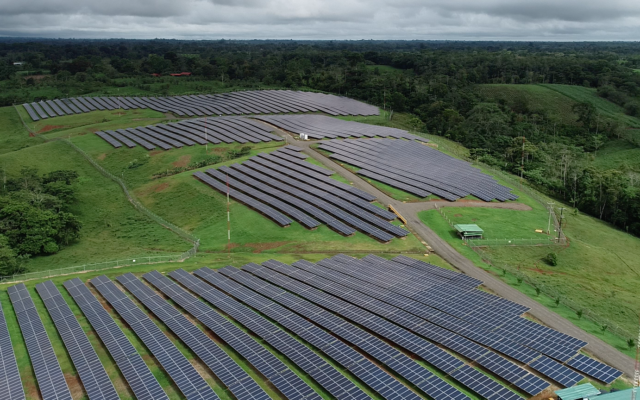
Renewable Energy in Costa Rica generated by cooperatives.
More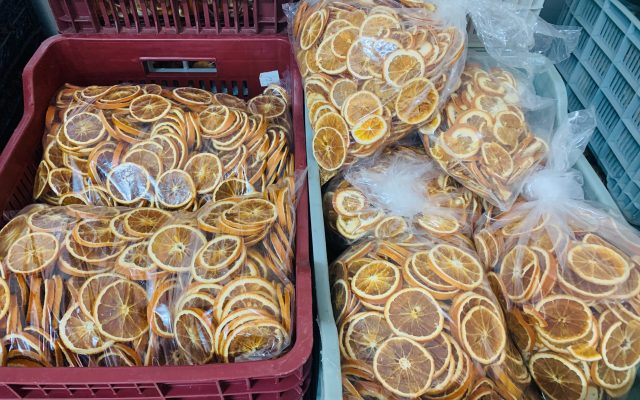
Food Processing with a Regional Federation
More
Digitisation of Primary Co-operatives in eSwatini
More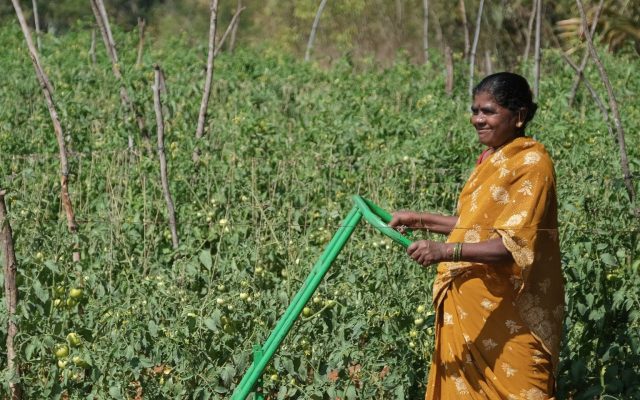
A central solution that enables members to make daily agricultural necessities available promptly and financially affordable
More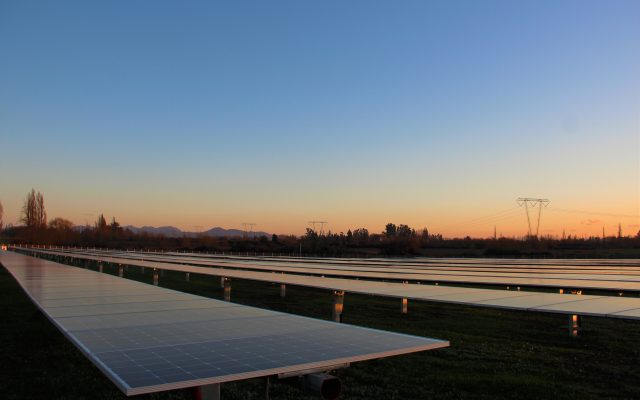
The creation of Community Distributed Generation Cooperatives in Chile.
More
Textile cooperative in Tunisia
More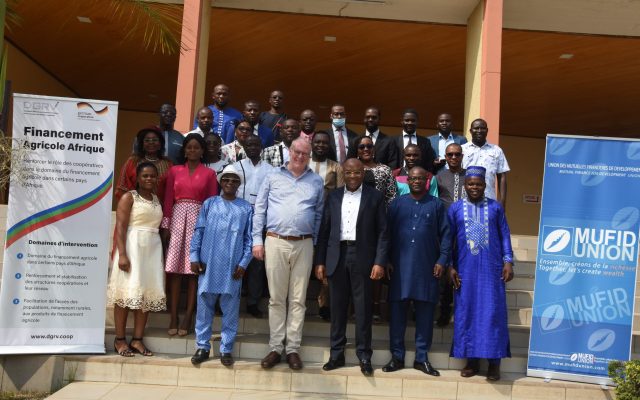
Facilitating access to quality agricultural finance products in Cameroon
More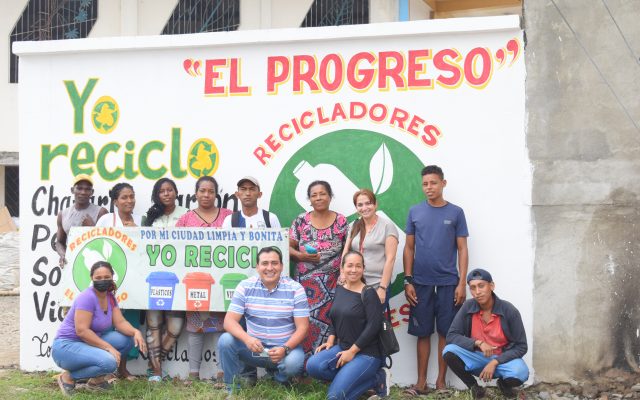
Generating business and commercial connections with the "Networks in Action" project
More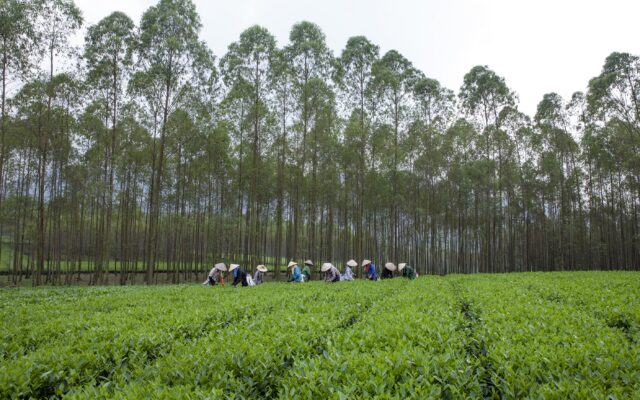
Mid- term courses for cooperative officials in Vietnam
More
The collaboration between the Brazilian and German cooperative sector
More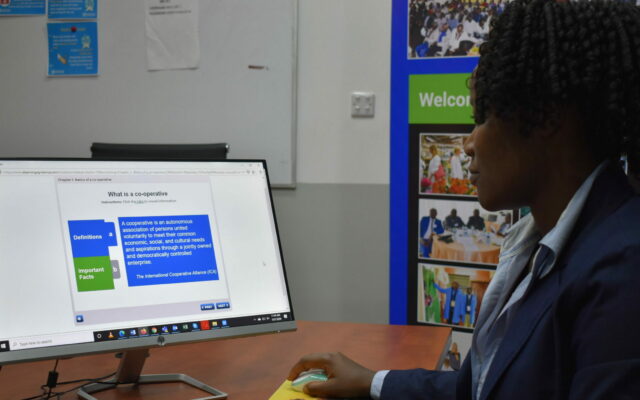
DGRV Kenya supports project partners on their way to adapt to “The new normal” in times of COVID-19
More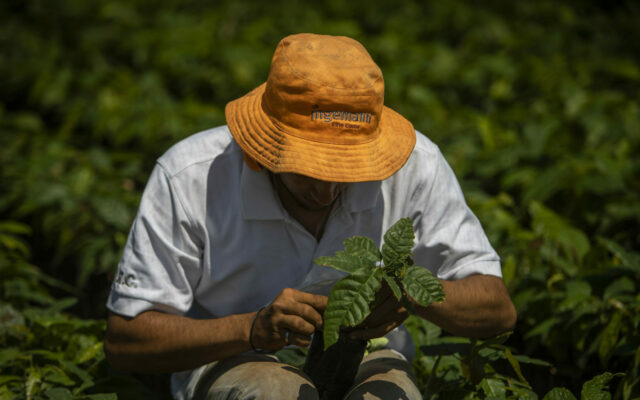
Pablo and his Potatoes
More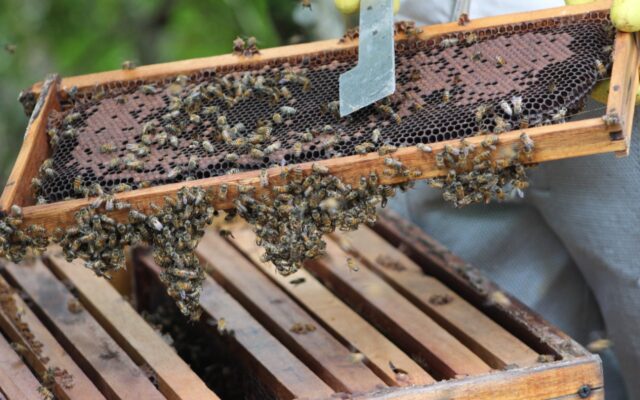
Strengthening small rural producer organizations in Colombia
More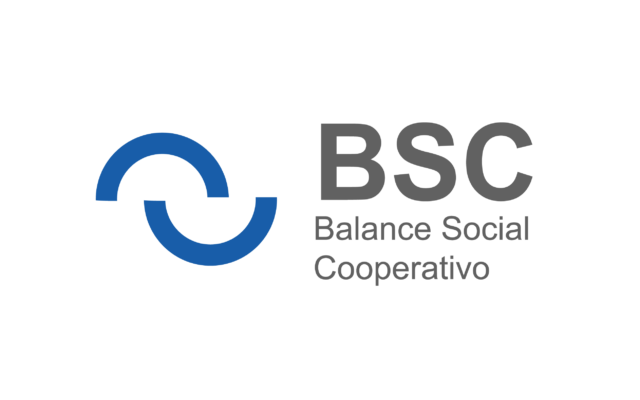
Cooperative Social Responsibility in Honduras
More